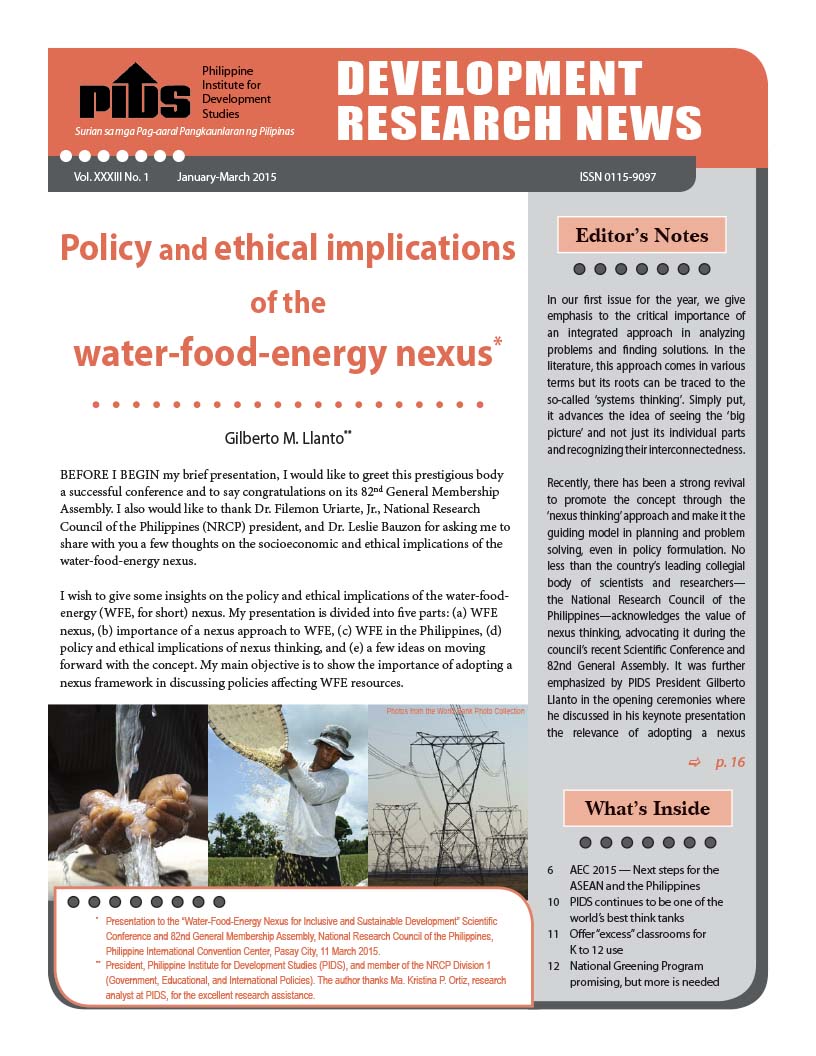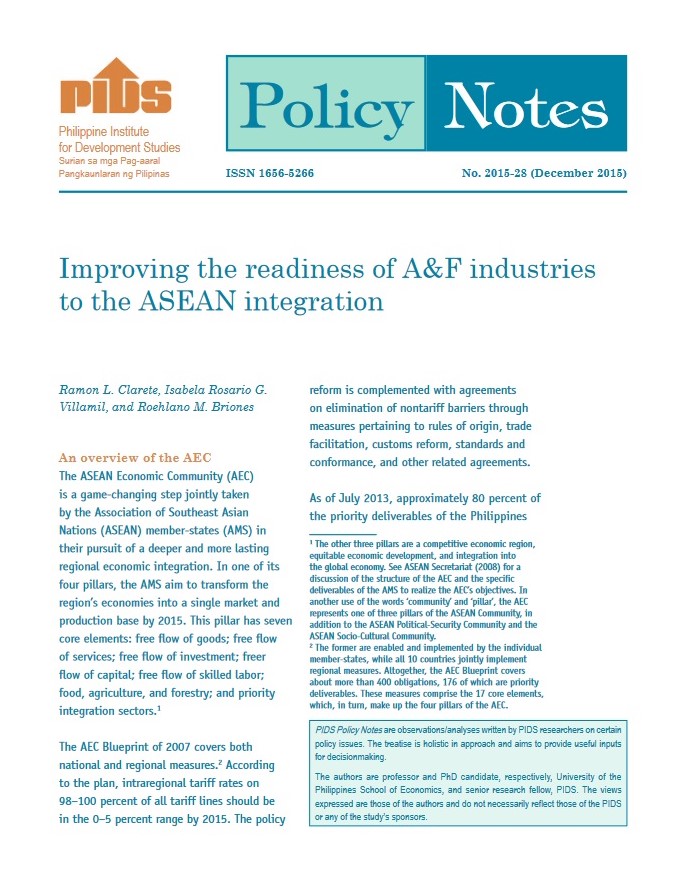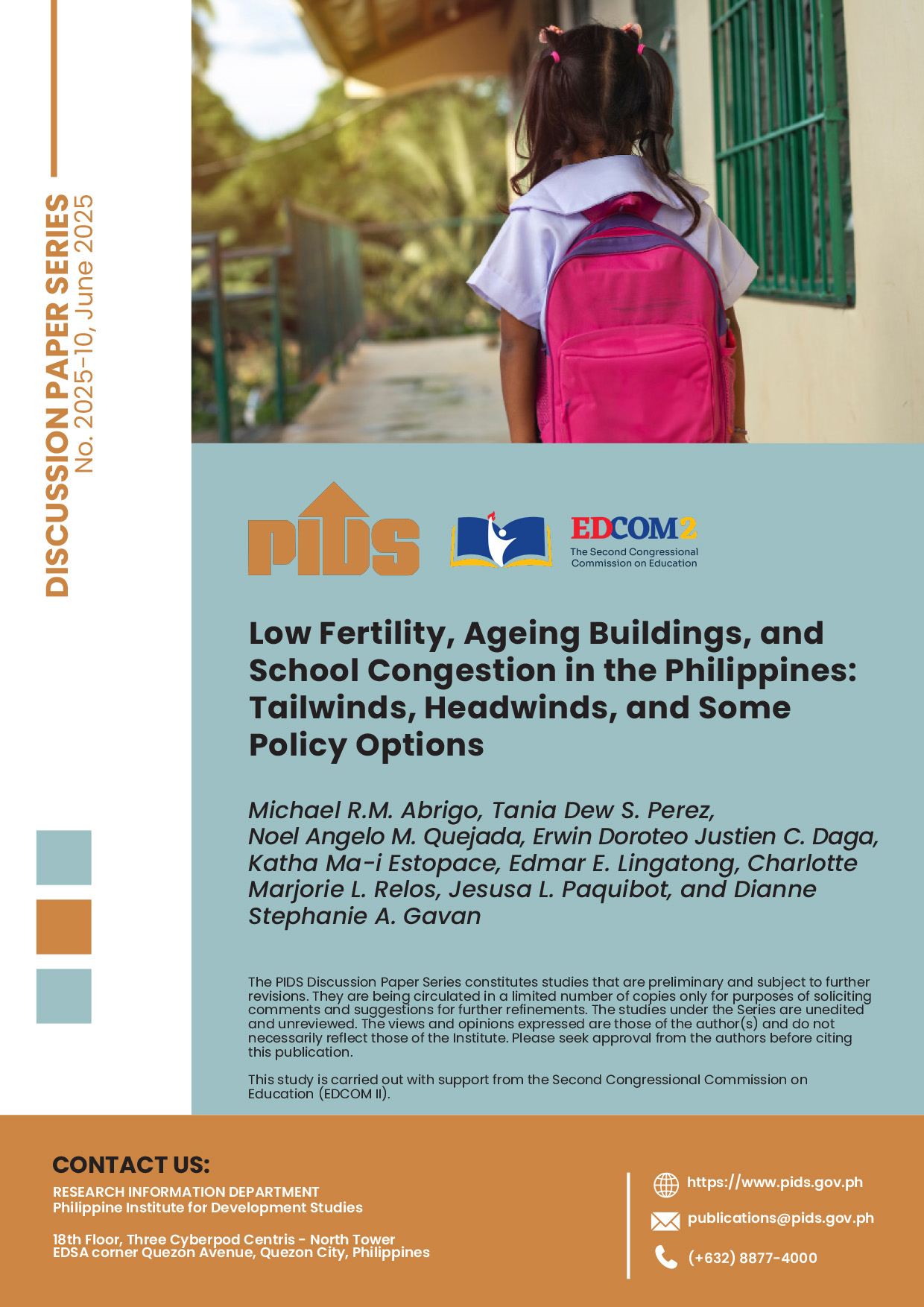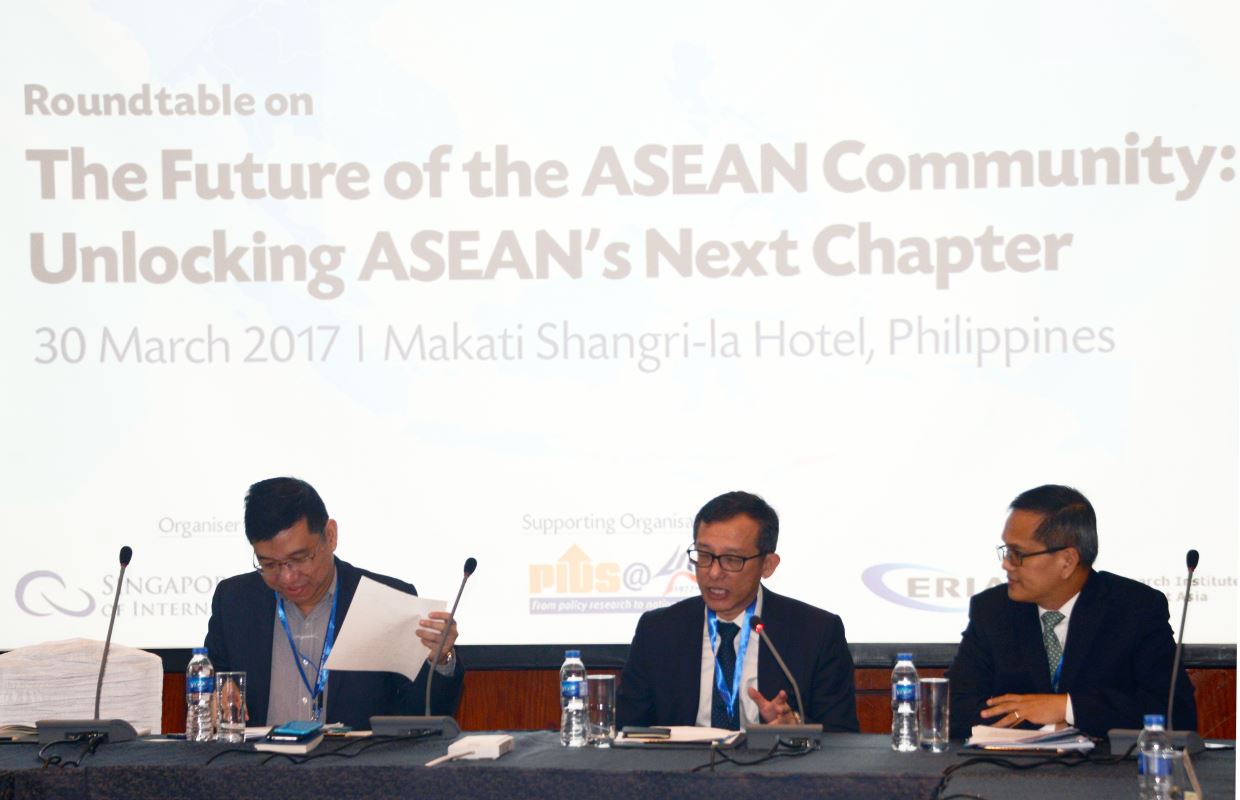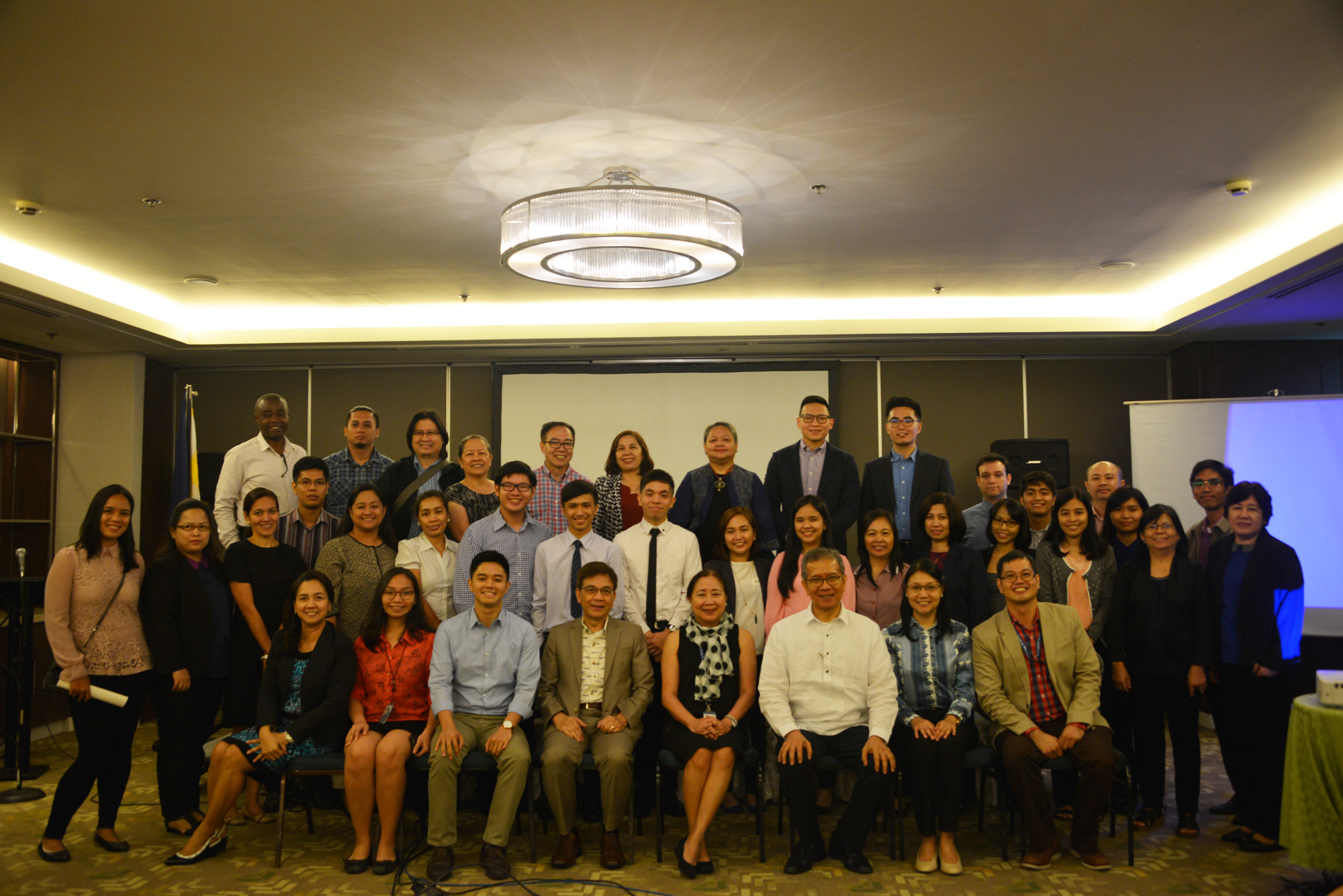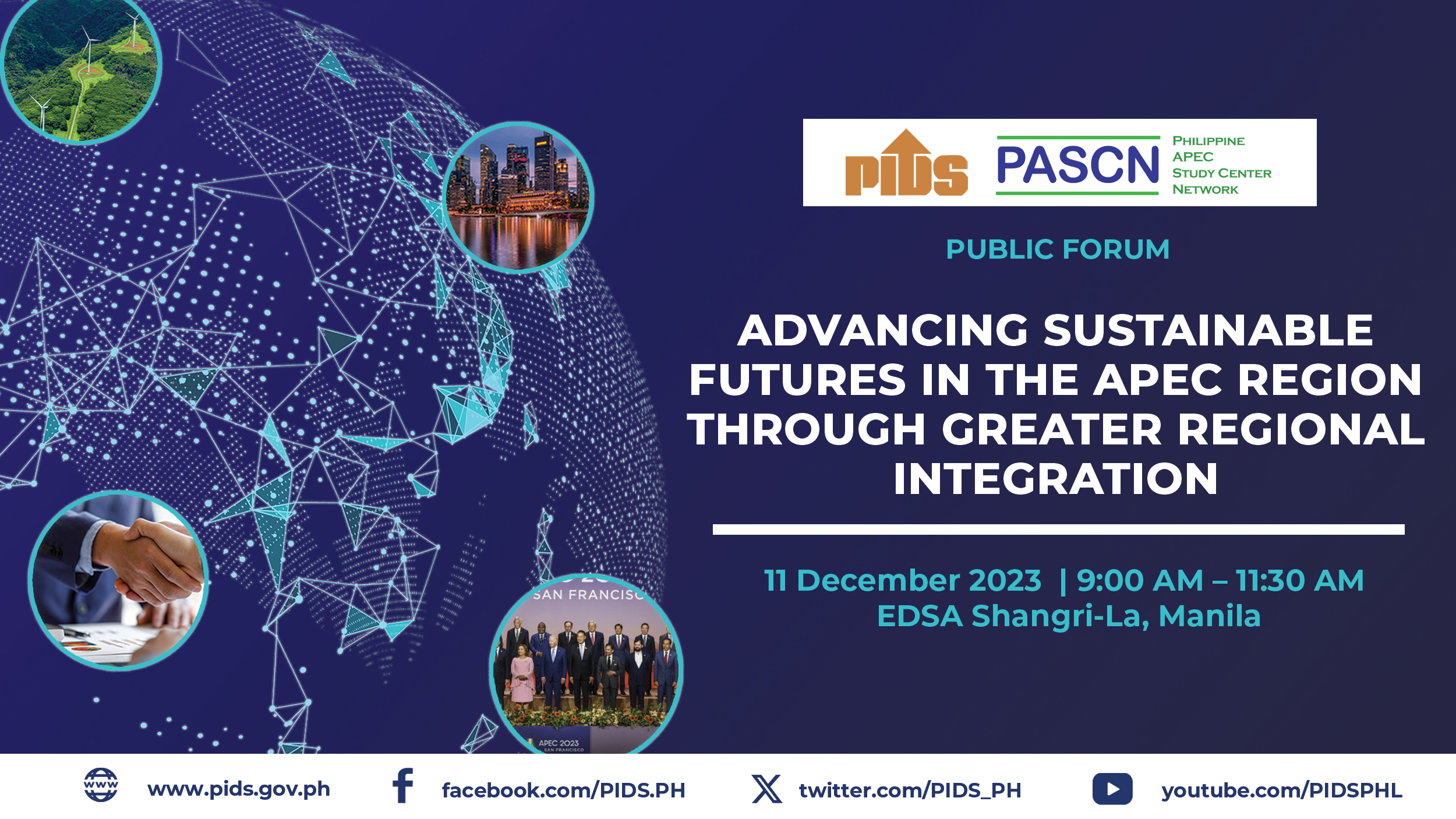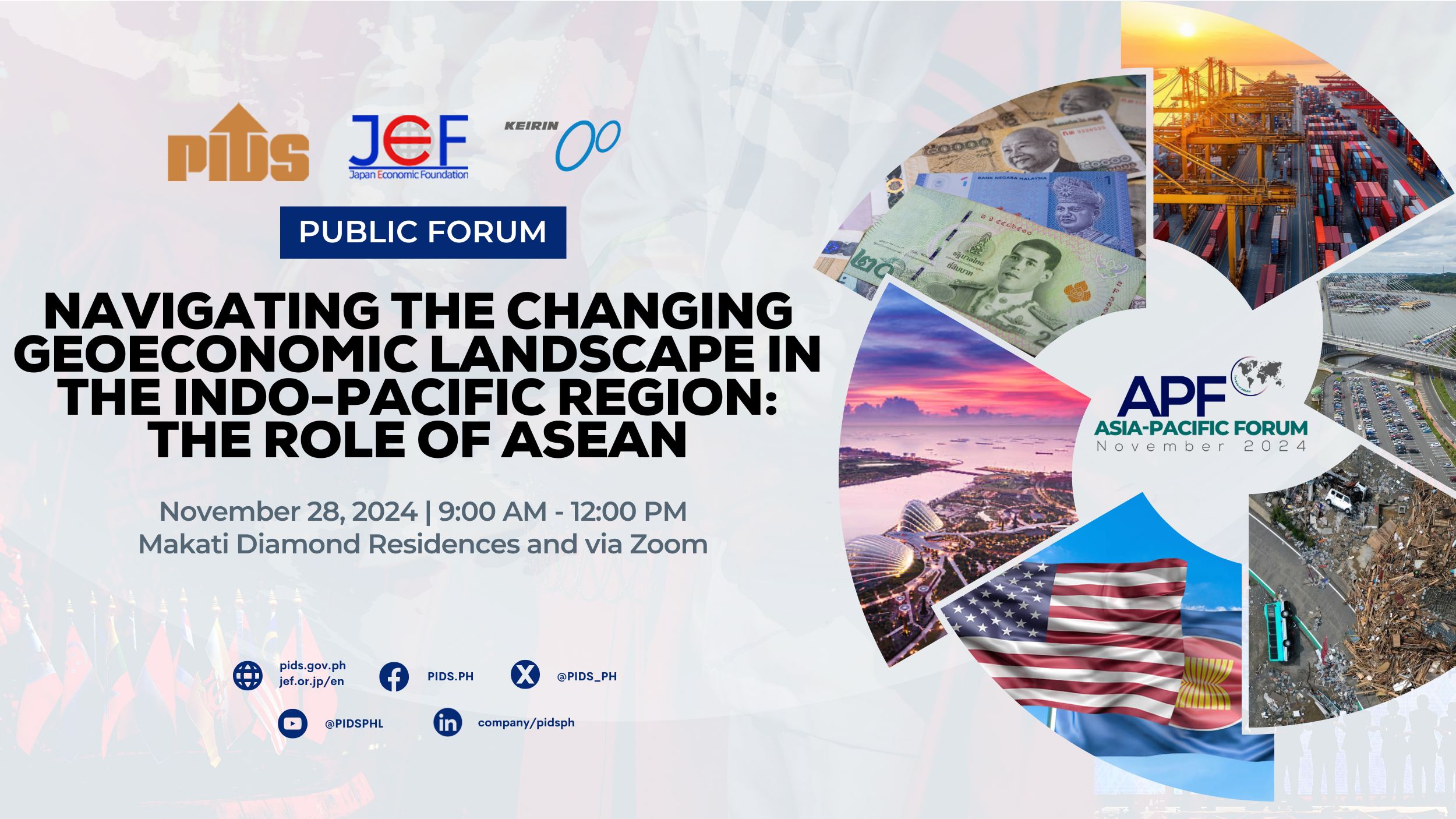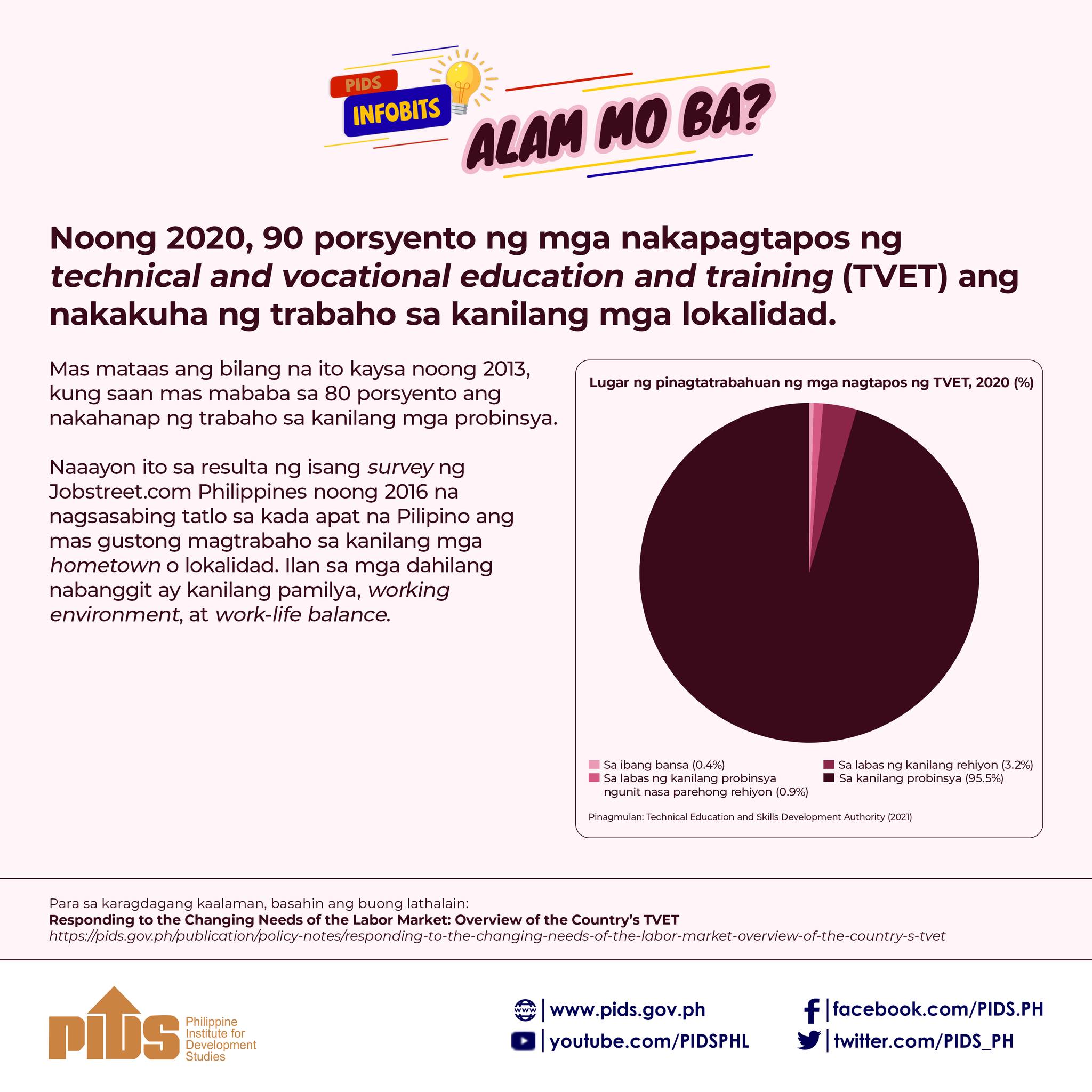"There is an urgent need to inform the public and the various sectors of society about the ASEAN integration," said Peter T. Laviña, former councilor and now president of Davao San Francisco Agri-Ventures. This was echoed by Guillermo M. Luz, private sector co-chairman of the National Competitiveness Council, who said that some local government units are not even aware of the ASEAN integration. "We must be ready for integration; we have no choice because it’s a done deal," Mr. Luz said during a visit here. "Our people and our work ethics are our advantage, and we should make them aware of the AEC if we are to take advantage of this," he added. "The timing is tight, but we must not stop in becoming competitive." Mr. Laviña said the Davao City Chamber of Commerce and Industry, Inc. committee on international relations noted that up to 85% of the business sector is not aware of the integration. He also noted around 50% of the schools and universities on the island have never discussed it inside the classrooms. When asked how ready the farmers are for economic integration, City Agricultural and Fishery Council Chairman Dan D. Mitchao said: "Most of them do not even know what ASEAN 2015 integration is, so you can just imagine how unprepared the sector is." "This is why we are intensively pushing for the creation of the Barangay Agricultural and Fishery Council, so we can strengthen the sector," Mr. Mitchao added. Of the 182 barangays in the city, only up to 10 barangays have agriculture and fishery councils, he said. He noted a lack of awareness among farmers in Marilog and other barangays in the third district of Davao. The thrust now is to teach the farmers how to become sustainable so they can at least survive the integration. Mr. Mitchao said there are many gaps in the farming sector, including credit support and capacity building. Farmers have to be given financial and farm management training so they can develop their lands, he added. Mr. Mitchao also said that, while the City Agriculture Office has launched the Farmers Information Technology Services Center to improve the efficient flow of information from the markets to the farmers, the office has limited budget and manpower. There is also the challenge of getting internet access and mobile phones for the farmers. "We have farmers who cannot even read or write, so how can they get access to that information?" he added. Mr. Mitchao said accessibility not only of technology but also of farm-to-market roads in the Toril and Baguio areas in the third district also pose a problem for the efficient flow of communication among the farmers. The best way for now, he added, is still the word-of-mouth. Dr. Rafaelita M. Aldaba, acting vice-president for development studies of the Philippine Institute for Development Studies, said PIDS is conducting an information drive on the impact of ASEAN economic integration on the country. Daniel T. Lim, Davao City Chamber of Commerce and Industry, Inc. president, said big companies are aware of ASEAN economic integration and are now preparing for it. He also said businesses should be more creative if they want to survive it.
ASEAN integration still new to some sectors, local gov’t units

